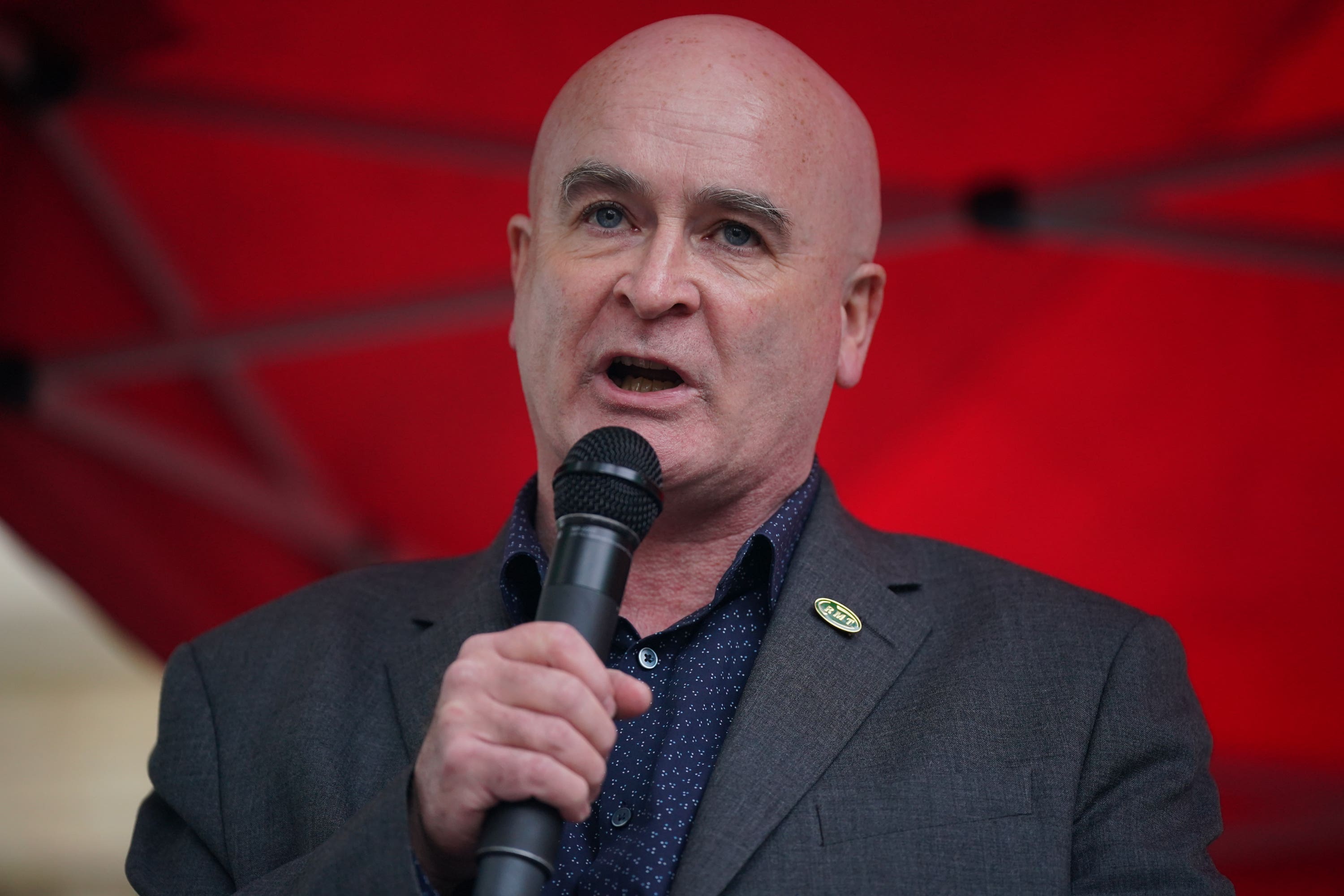Unions criticise Government’s ‘attack on right to strike’
Unions will call for a legal challenge to the legislation during debates at the TUC Congress in Liverpool.

Your support helps us to tell the story
From reproductive rights to climate change to Big Tech, The Independent is on the ground when the story is developing. Whether it's investigating the financials of Elon Musk's pro-Trump PAC or producing our latest documentary, 'The A Word', which shines a light on the American women fighting for reproductive rights, we know how important it is to parse out the facts from the messaging.
At such a critical moment in US history, we need reporters on the ground. Your donation allows us to keep sending journalists to speak to both sides of the story.
The Independent is trusted by Americans across the entire political spectrum. And unlike many other quality news outlets, we choose not to lock Americans out of our reporting and analysis with paywalls. We believe quality journalism should be available to everyone, paid for by those who can afford it.
Your support makes all the difference.The Government’s controversial legal move on providing minimum levels of service during strikes will be strongly criticised by unions at the TUC Congress, which opens on Sunday.
Officials say the new law is unnecessary and unworkable and will do nothing to resolve disputes.
The Government took forward the legislation following a year of unprecedented industrial action by hundreds of thousands of workers including nurses, teachers, civil servants and railway staff.
Unions will call for a legal challenge to the legislation during debates at the conference in Liverpool.
The Rail, Maritime and Transport union (RMT), which is embroiled in a long-running row over pay, jobs and conditions, will call for unions to use “all means necessary” to defeat the law.
The Fire Brigades Union will press for a campaign of mass non-compliance, up to and including industrial action.
The Government has announced a consultation on how the new law will be enacted, saying the aim is to ensure a minimum level of service during strikes in sectors including the railways and NHS.
TUC general secretary Paul Nowak said: “No matter how much the Government tries to spin it, the Conservatives are brazenly attacking the right to strike.
“This is a sham consultation. Ministers have ignored a mountain of evidence on how these laws are unworkable and will escalate disputes.
“They are ploughing ahead despite their anti-union drive being slapped down the by the UN workers’ rights watchdog, and their recent High Court defeat over the use of agency workers during strikes.
“This Government seems intent on breaching fundamental rights guaranteed by international law.
“That’s why we will fight this legislation all the way – exploring all avenues, including legal routes.”
Other issues to be debated this week include employment rights and the cost-of-living crisis.
Paddy Lillis, general secretary of the shop workers’ union Usdaw, said: “Our weak employment rights framework is at the heart of the cost-of-living crisis.
“One-sided flexibility, that benefits employers at the expense of workers, means it is too easy and too cheap for managers to change shifts or cut hours at short notice.
“Furthermore, short and zero-hours contracts rob workers of financial certainty. Workers need more security, more predictable working patterns and more hours and that must be delivered as part of a comprehensive new deal for workers.”
A Government spokesperson said: “The purpose of this legislation is to protect the lives and livelihoods of the general public and ensure they can continue to access vital public services during strikes.
“The legislation does not remove the ability to strike, but people expect the Government to act in circumstances where their rights and freedoms are being disproportionately impacted, and that’s what we are doing with this Bill.”